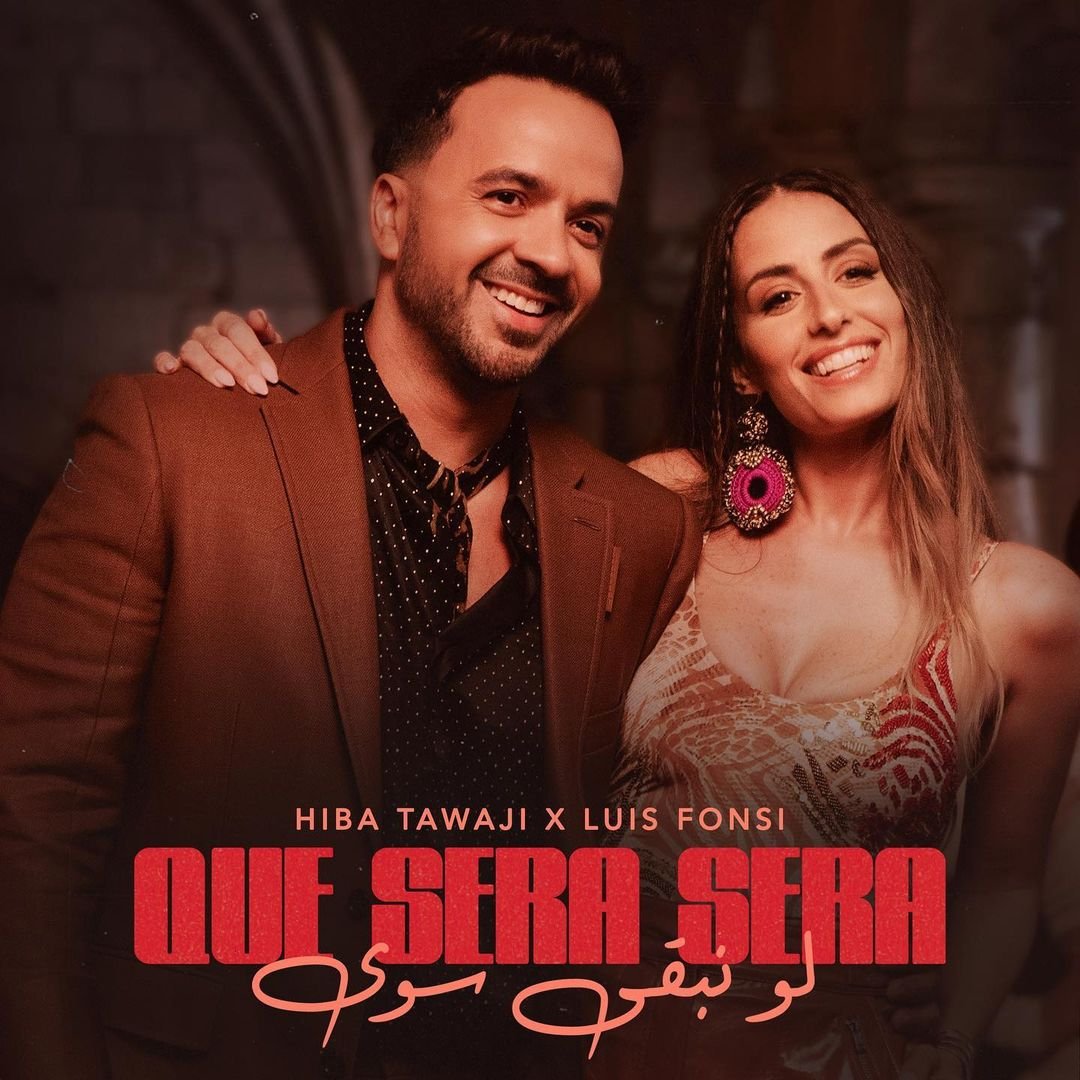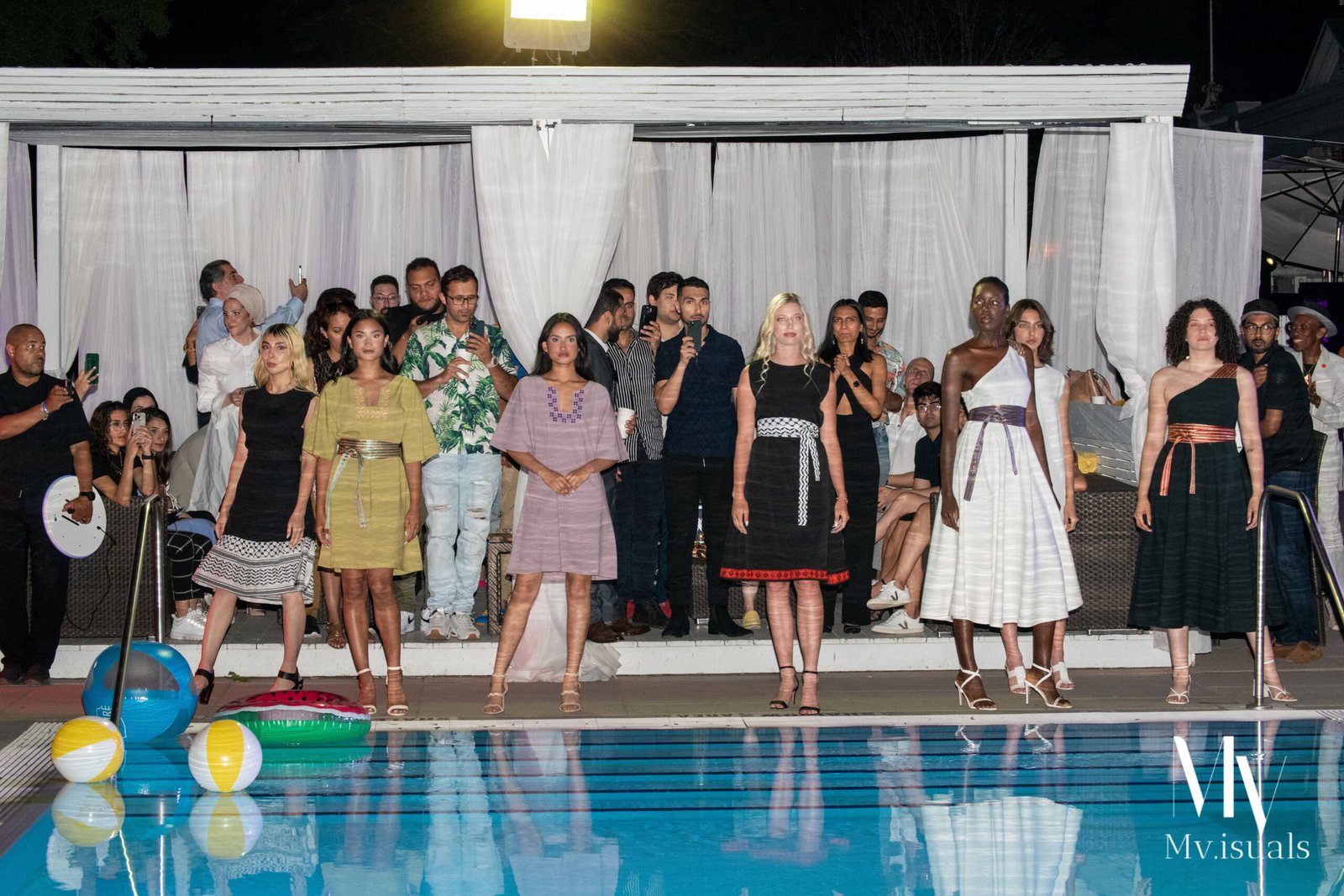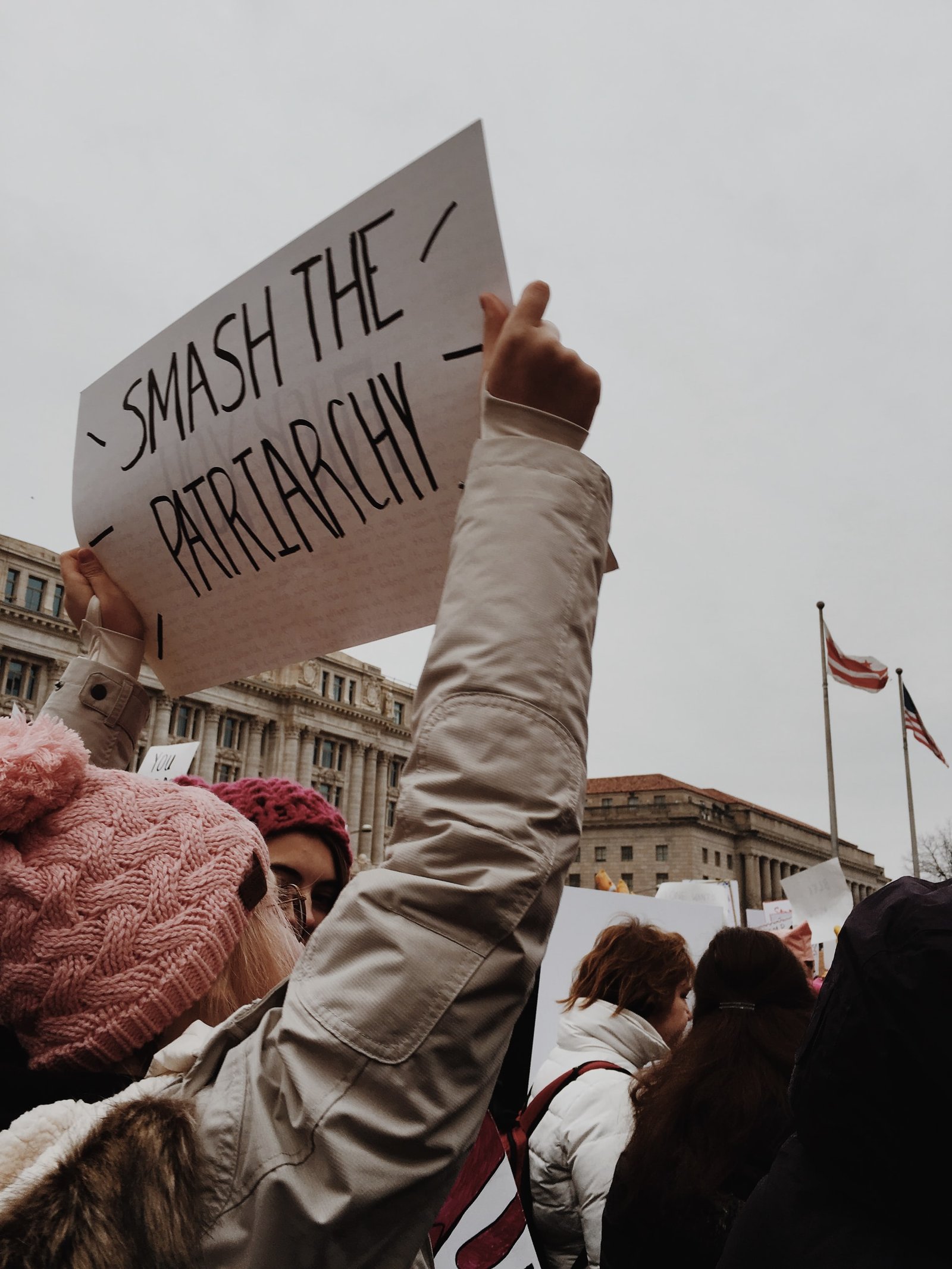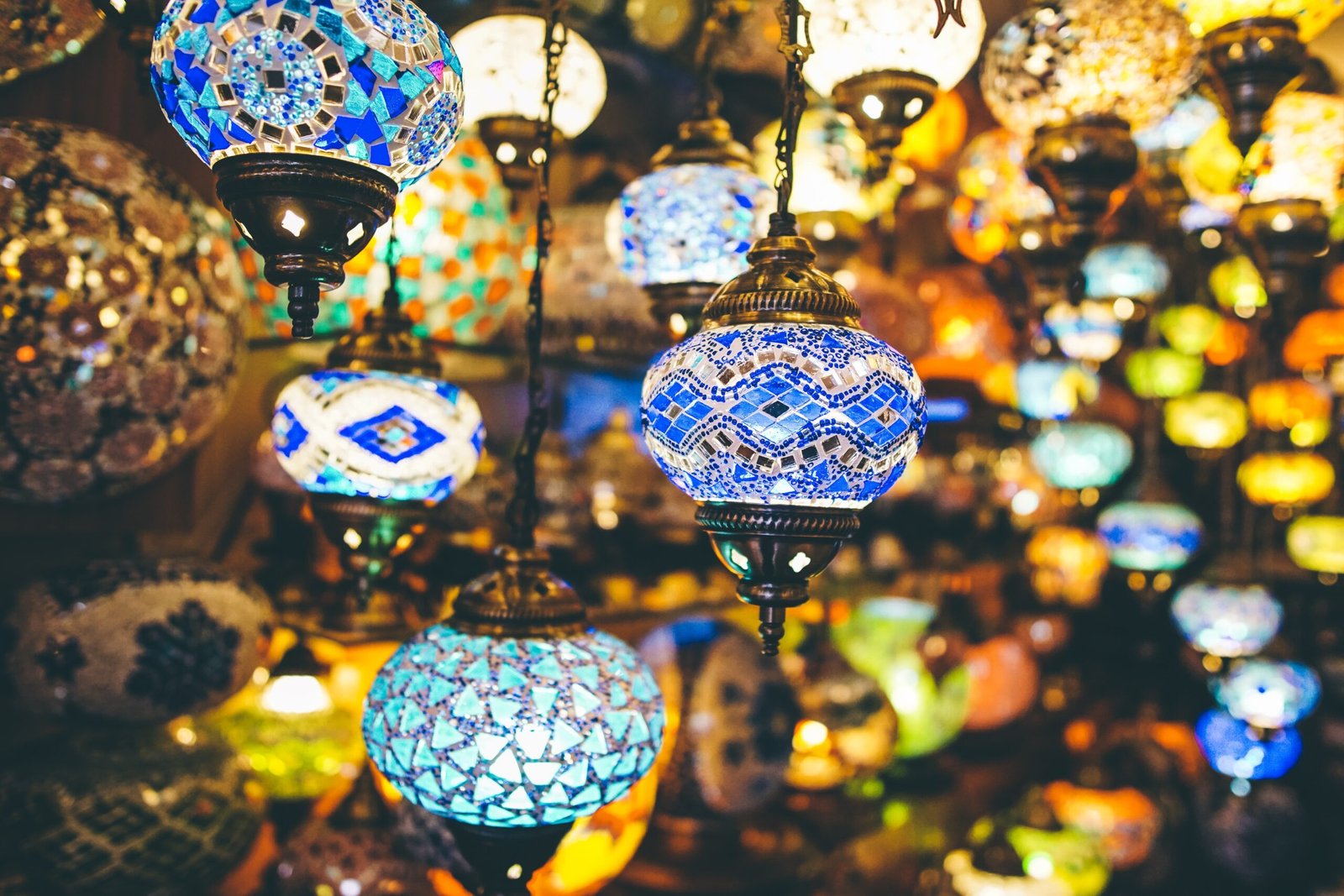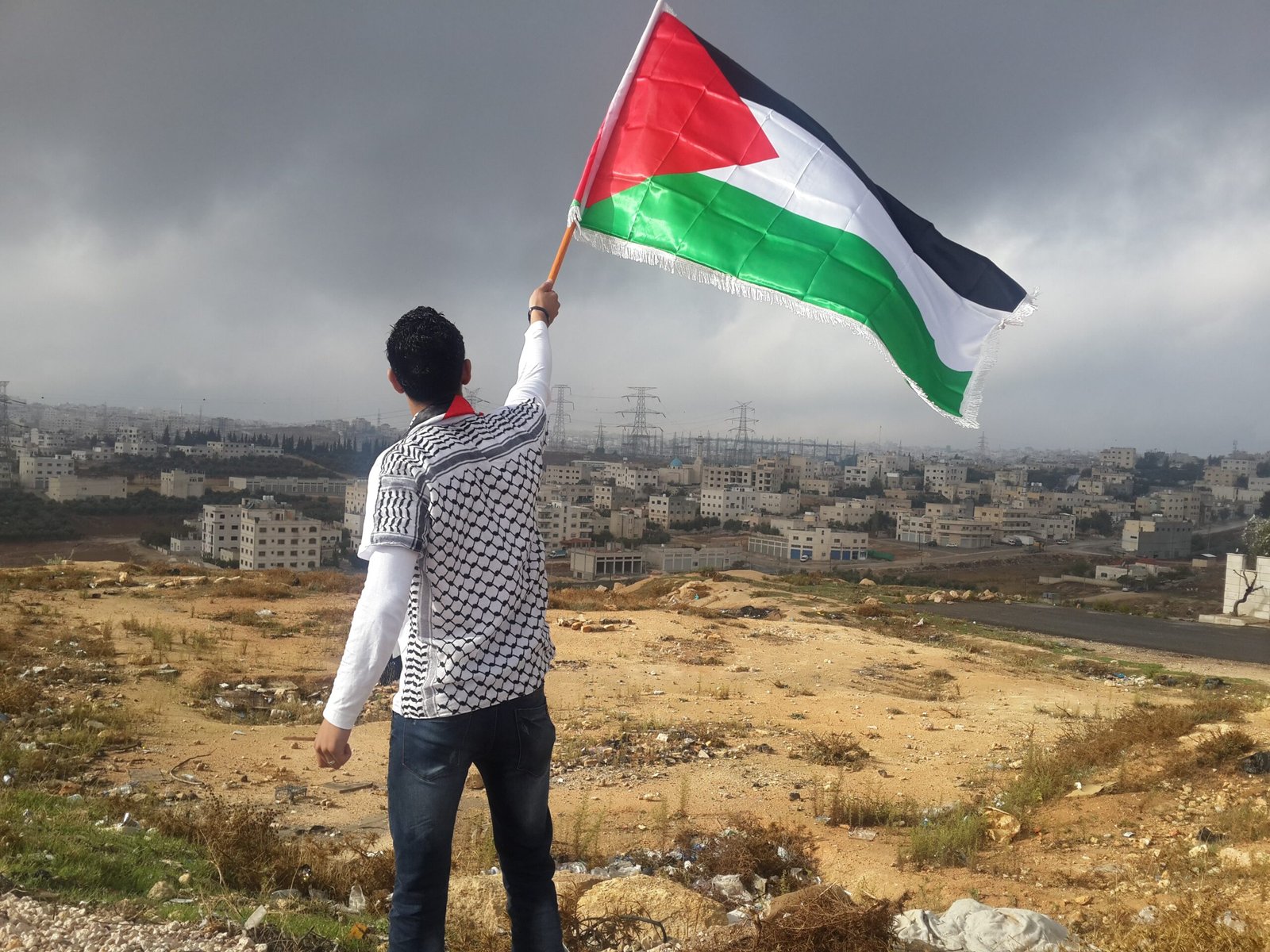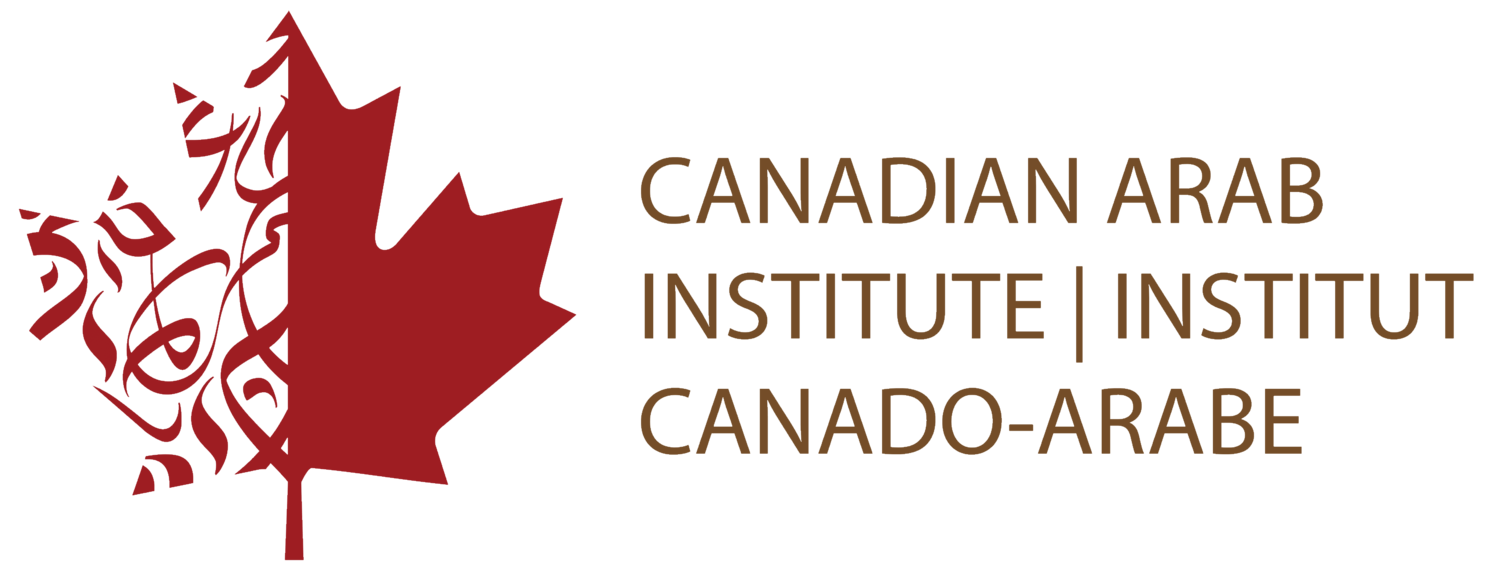My father often jokes about my ability to throw bombshells at him out of the blue. It started 3 years ago when I decided on coming out as a bisexual Arab woman. I remember his words very clearly: “that’s not news, *da konbela!”.
So let’s explore this “konbela”, shall we?
Growing up as a child in Egypt, I honestly believed homosexuality was unnatural. I had the attitude of “live and let be”, but fundamentally, I believed it was wrong. It wasn’t until around the age of 16 that I first noticed that my attraction to women was not as typical amongst my female friends as I had initially thought. With a lack of LGBTQ+ representation, and the popularity of homophobic jokes at my school, combined with an Arab household, there was no safe space to explore those feelings. So I stuck to what I knew: I had a crush on Taylor Lautner, which meant that I wasn’t a Lesbian, so that was that. I didn’t give my “heteronormative” sexuality a second thought for years.
It wasn’t until I went to university did I hear the word “bisexual” for the first time. I heard of a girl, who was in a relationship with a guy, whose crush on Emma Watson helped her realise she was bisexual. I recall being confused, and wondering what bisexuality was. I did my research and found that bisexuality is the romantic or sexual attraction towards more than one gender. “But how can you base your sexuality on an attraction to someone you have never met?!”, I thought. But that question didn’t really matter at that point. A part of me already felt lighter. It was the part that knew that this was the permission I had been waiting for to finally understand my sexuality. I cried the night it dawned on me that my sexual identity was a real thing, and not just real – a common thing, too! It was such an empowering feeling to find a label that fit so perfectly, and it was then I realized I was coming out as a bisexual Arab woman to myself.
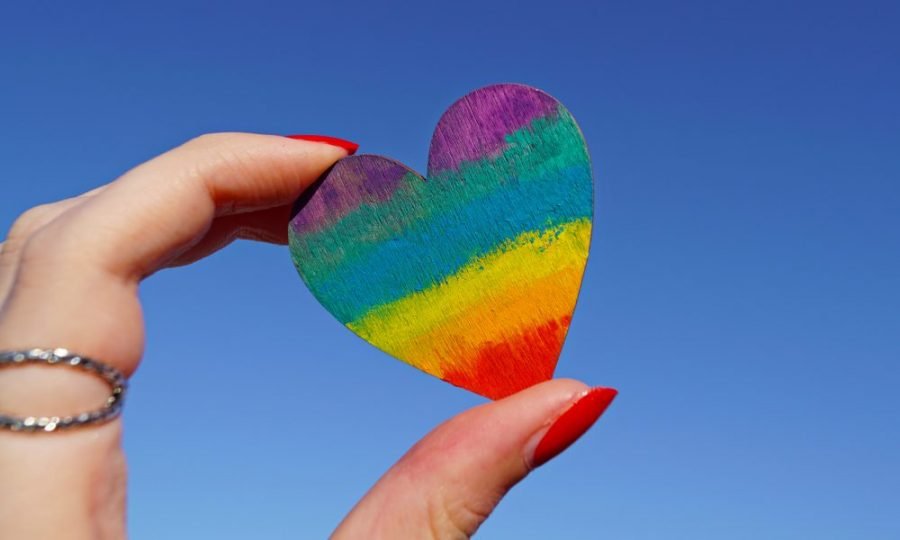
My Arab background played a large part in why it took me 6 years to get to the point where I was comfortable enough to come out. The heteronormative cultural pressures were hard to handle, which made me an accomplice in bi erasure. I remember when Frank Ocean came out as bisexual in 2012, how I dismissed his actions as those of someone who was too scared to come out as “fully gay”. I now look back at my teenage self and cringe at her refutation. It took me 6 years but I now believe I am one of the lucky ones. It was a long road, but it genuinely feels like I have a superpower. I have the ability to love anyone regardless of their gender! I wouldn’t change that for the world.
It took me 6 years but I now believe I am one of the lucky ones. It was a long road, but it genuinely feels like I have a superpower. I have the ability to love anyone regardless of their gender! I wouldn’t change that for the world.
Amy g. on her superpower of bisexuality.
This brings us back to the “konbela” situation. After working through a very tricky few months, my father now greets me each and every time with “any more kanabel for me?” in that classic way Egyptians resort to comedy. In his defence, it can’t be easy for a parent to come to terms with their child’s new-found sexuality. It can be a significant adjustment, especially for an Arab parent, and don’t kid yourself – queer Arabs exist in large numbers. My father didn’t hesitate to inform me that this life I am choosing is a non-refundable one-way ticket to Hell. He then softened the blow by taking me out for an ice cream. All in the space of an hour. He decided to be both the good cop and the bad cop, which I appreciate must be tiring.
But do you know what’s even more tiring?
Being told that my sexuality is a bombshell. A person’s sexuality is such an innate part of themselves, that when people comment on it there’s no other way for it to be taken but personally. My coming out isn’t me asking for your opinion on something like a haircut or a new outfit. No, my coming out is me sharing a very personal and crucial part of myself so that you can better understand me. It is me trusting that you will respect this vulnerable part of myself. It is a cautious invitation into my world.
My coming out is me sharing a very personal and crucial part of myself so that you can better understand me. It is me trusting that you will respect this vulnerable part of myself. It is a cautious invitation into my world.
Amy g. on the emotional significance of coming out.
Trying to balance my sexuality and my heritage is a gruelling task. It’s not particularly safe coming out as a bisexual Arab woman. I often think about how only part of myself ever truly returns home to visit my Egyptian family. Just like my rainbow tattoo needs to be hidden, so does what it symbolises. The anti-homosexuality legislation, like an immigration officer, stops my authentic self from entering the country. It’s a subtle reminder that I don’t really belong. Which means that I never really come home.

Whilst my father can now joke about “kanabel” and whatnot, we still haven’t addressed my bisexuality directly. We tip-toe around the topic like we’re in a performance of Swan Lake, neither of us wanting to peel off our make-shift band-aids in order to inspect the undeniable wound in our relationship. My Arab father, who has been conditioned his whole life to believe that homosexuality is a sin, was, in his eyes, given the ultimate test: a bisexual daughter. He didn’t understand it, and he definitely never imagined he would have to face anything like this in his life. But at least he was talking to me. At least he was trying. Months later I found out that I had a guardian angel in the form of my older sister, who had steered my father in the right direction when it came to salvaging our relationship. Other queer Arabs aren’t so lucky.
So, when thinking back to my father’s reaction to my coming out, I feel a mixture of things. This cocktail of emotions made it more difficult to write this article than I expected. I feel hurt at the lack of understanding, I feel lucky at the lack of isolation, but above all, I feel proud. Proud to have been authentic to myself by coming out as a bisexual Arab woman.
*da konbela = that’s a bombshell
By Amy G.




